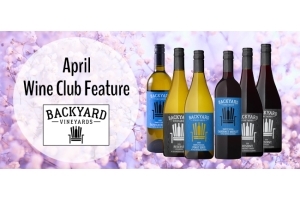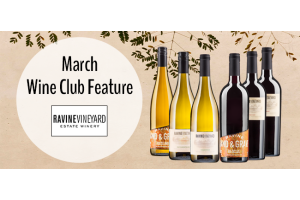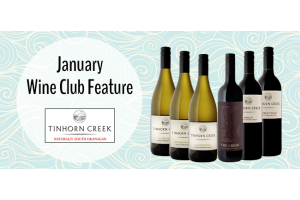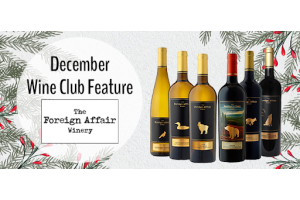Canadian Winery Spotlight: Benjamin Bridge

The recent accolades for high quality traditional method sparkling wine from Atlantic Canada is not just a fluke or an anomaly. Traditional method sparkling producers in Nova Scotia have risen to five wineries: L’Acadie Vineyards, Benjamin Bridge, Domaine de Grand Pré, Blomidon Estates, and Avondale Sky - and more are on the way! And the trend has even flowed across the border to New Brunswick - which now has two.More convincing, though, is the continued excellence of pioneers like Benjamin Bridge, who have released a string of excellent vintages and are sitting on a number of unreleased wines that will surely impress.
Although average consumers know them mainly for their fun, Benjamin Bridge receives most of its critical attention for their Brut sparklers made from Pinot Noir, Chardonnay and Pinot Meunier, which they label as Méthode Classique. Their Asti-style Nova 7 is delicious and has pretty floral notes with pink grapefruit acidity.
Many sparklers go through extended time on the lees at four years or more, which is expensive and requires patience, but the results make it worthwhile. The first vintages that hit the market to great acclaim were from 2004, a Blanc de Noirs and Brut, but they were not disgorged for release until 2009. They were quickly recognized, including through blind comparisons, as having the quality of good Champagne from Canadian sommeliers, wine writers and the international community.
They have since released various sparkling wines from 2005, 2007, 2008, 2009, 2010 and 2011 vintages. Winemaker Jean Benoit Deslauriers, originally from Quebec but with practical training in various wineries around the world, continues to produce dependable, fine quality sparkling wine, as well as still wines. The 2008 Brut is excellent.
The main explanation for the quality of their wines lies in the conditions of the Gaspereau Valley, which result in similar ripeness and maturity of Chardonnay, Pinot Noir, and Pinot Meunier, as if they were grown in Champagne. Add to that their much lower yields and high planting density, and the result, according to Delauriers, is “an elevated level of phenolic maturity and dry extract.”
"My favourite vintages are the cooler ones,” adds Deslauriers. The region is clearly suited for this style of wine.
Although they have never released it, Benjamin Bridge made sparkling wine from vintages as old as 2002, making them the first producer of traditional method in Atlantic Canada. With a 50/50 Chardonnay/Pinot Noir blend, it still tastes fantastic and has a green apple acidity, and a honeyed, toasty nose, even without a dosage (sugar added after disgorging). Perhaps it will be released someday.
With over ten years of experience making high quality traditional method wines, Benjamin Bridge is helping to put Nova Scotia on the world map of quality bubbly!
TASTING NOTES:
Another winner in their dependable series of vintages of Nova 7. Benjamin Bridge always manages to pack explosive aromatics and flavours into this sweet, low alcohol, muscat anchored wine, with orange blossom, pink grapefruit and other floral/fruity notes. Lots of sweet fruit on the palate, but well balanced with acidity. A great aperitif that will improve the mood of any drinker. ($26.95)
Something different from Benjamin Bridge: a more affordable Méthode Classique wine vinified mostly from hybrids: 42% L’Acadie, 40% Seyval, 10% Pinot Noir, 8% Chardonnay, from 100% Benjamin Bridge Estate fruit. Low in alcohol at 11%, with a more fruity personality than their more premium bubblies, but still elegant, with stony minerality and a fine mousse. Great for seafood appetizers and canapés. ($49.95)
Benjamin Bridge’s Tidal Bay tends to be on the more lean, dry and minerally side compared to other wineries in Nova Scotia. This blend of typical Nova Scotia varieties has a fresh, citrus aroma and chalky minerality that makes it perfect for oysters and other such fare. It is low in alcohol and has firm acidity on the finish, balanced by a touch of residual sugar. ($23.95)
Craig Pinhey is a wine writer, judge and consultant. Visit him on Facebook.





